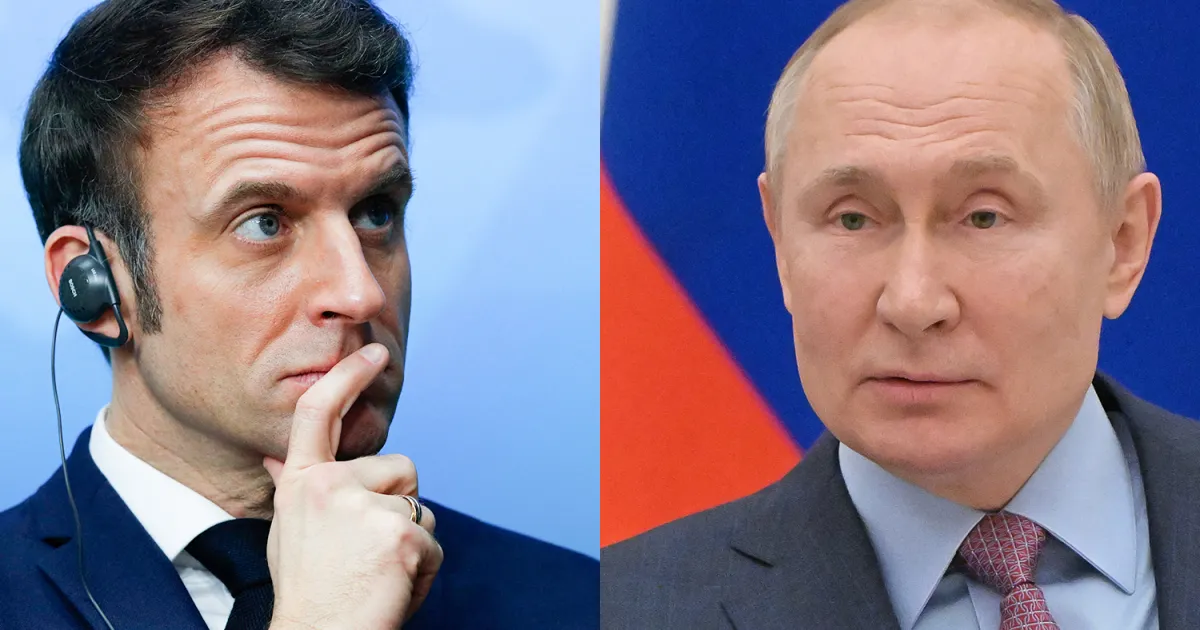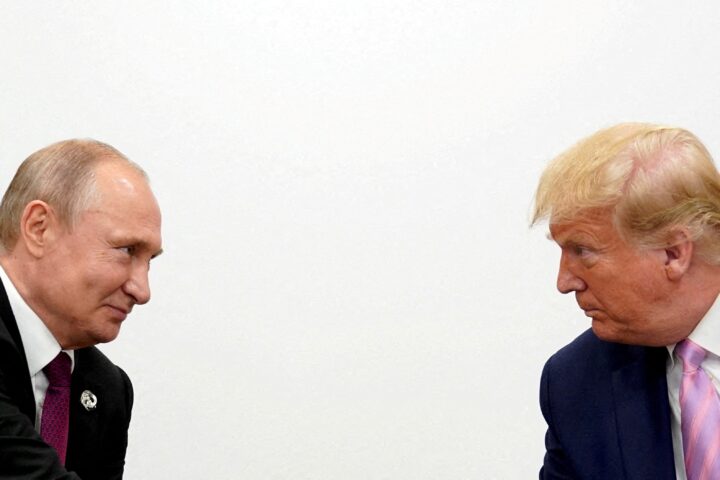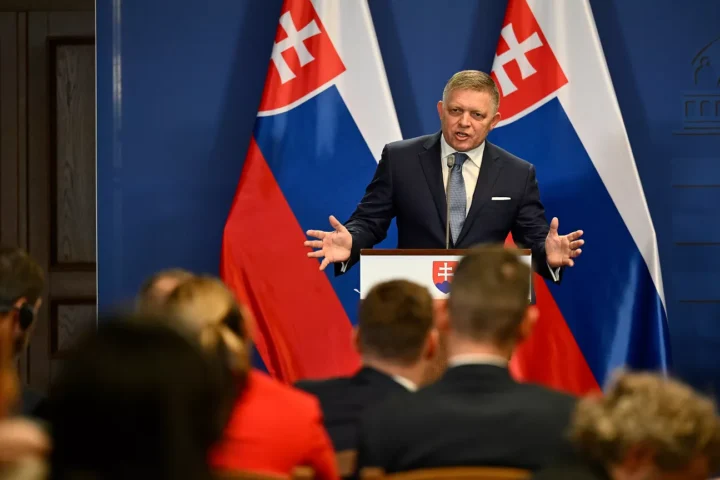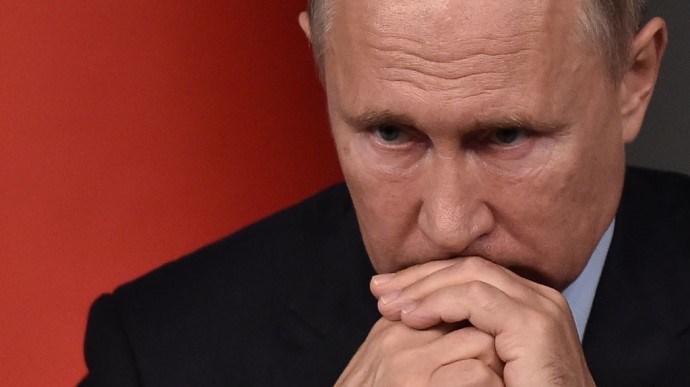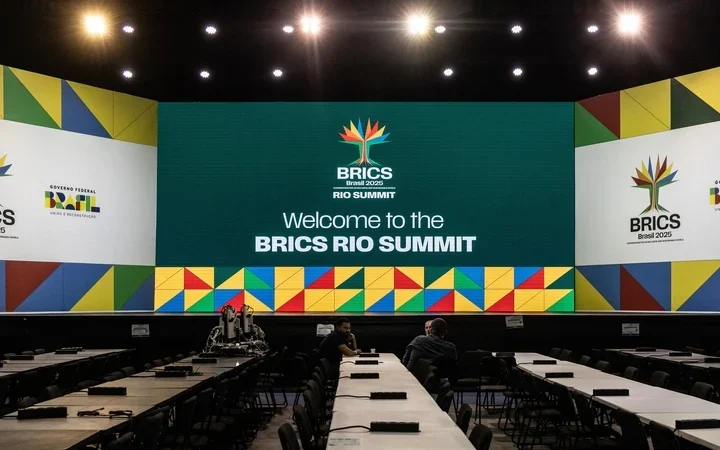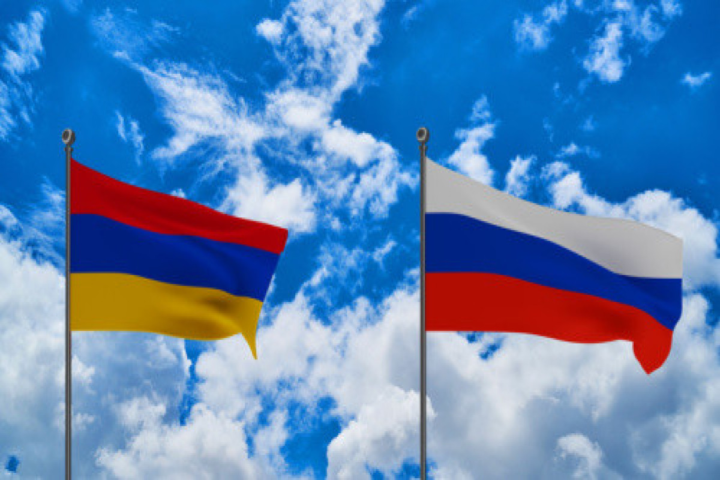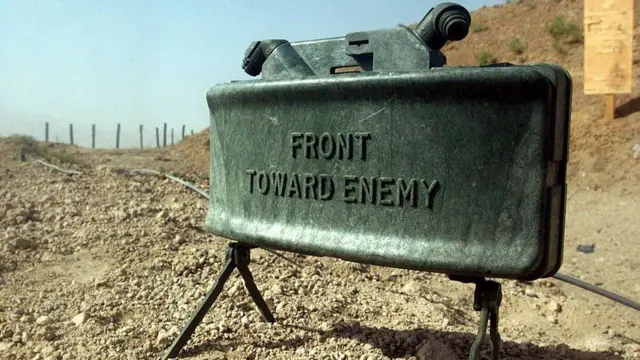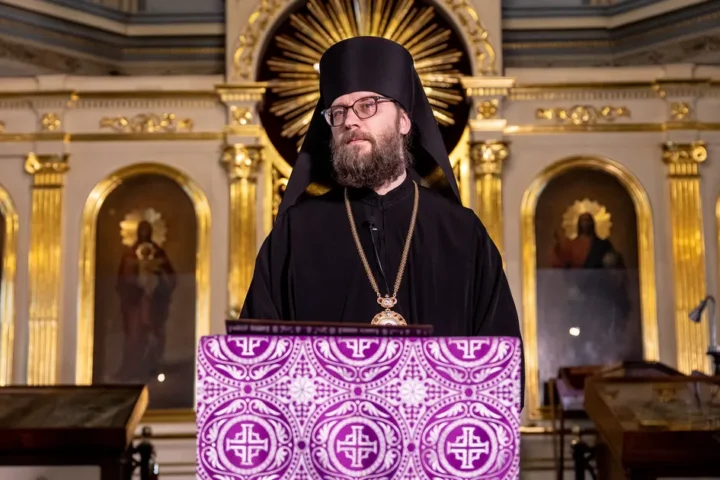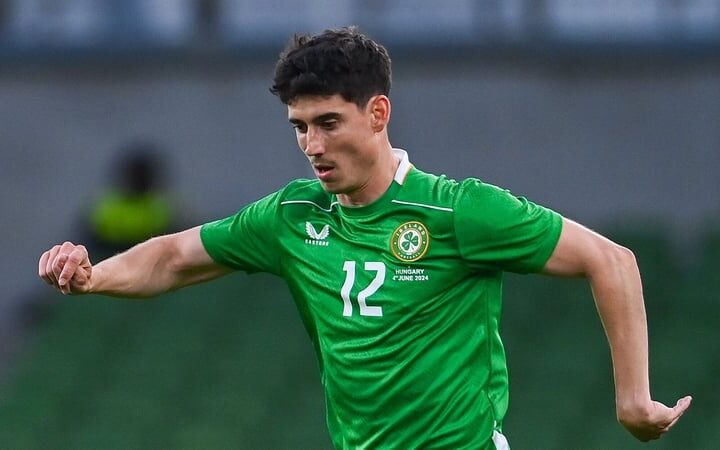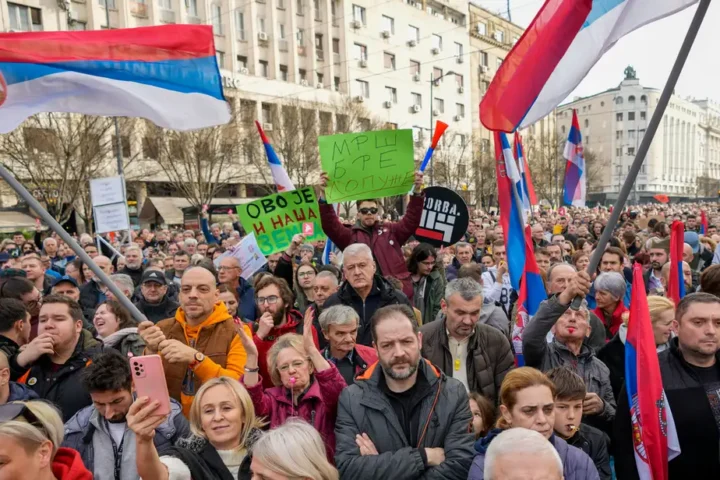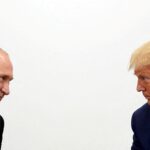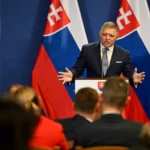Paris, 1 July 2025 – French President Emmanuel Macron spoke by phone with Russian President Vladimir Putin for the first time in nearly three years, in a rare and pointed two-hour exchange that underscored persistent divisions between Moscow and the West over the war in Ukraine and mounting tensions in the Middle East.
The conversation, confirmed in official readouts from both the Élysée Palace and the Kremlin, focused primarily on the escalating conflict between Israel and Iran. However, Macron used the opportunity to reiterate France’s demand for an immediate ceasefire in Ukraine and the full withdrawal of Russian troops, reaffirming the West’s commitment to Ukraine’s sovereignty and territorial integrity.
No thaw in diplomatic isolation
Despite the resumption of direct contact, French officials made clear the phone call does not signal any softening of Paris’s stance towards Moscow or a broader shift in Western policy. “This dialogue does not end the diplomatic isolation of Russia,” a senior French official told Radio France Internationale. “Fundamental differences remain.”
The call was Macron’s first with Putin since autumn 2022. During that time, France had aligned with the wider EU and NATO strategy of isolating the Kremlin diplomatically due to its full-scale invasion of Ukraine in February 2022.
Diverging views on Europe and Ukraine
The conversation laid bare the extent of the geopolitical chasm between Paris and Moscow. Putin once again blamed the West for allegedly “provoking” the war in Ukraine—echoing long-standing Russian narratives. Macron, in turn, rejected those claims and stressed that Russia bears full responsibility for launching an unprovoked war against a sovereign neighbour.
“President Macron firmly reiterated the position of France and its allies: the war must end, and Russia must leave Ukrainian territory,” the Élysée statement said.
According to diplomatic sources cited by Deutsche Welle, Macron used the call to reaffirm that there can be “no peace in Europe without respect for international law, and no concessions on Ukrainian sovereignty”.
Shared concerns over Iran-Israel escalation
While tensions over Ukraine dominated the call, both presidents also discussed the deteriorating security situation in the Middle East, particularly the intensifying hostilities between Israel and Iran.
As permanent members of the UN Security Council, both France and Russia expressed concern over the risk of wider regional conflict. Macron and Putin reportedly agreed on the need to prevent escalation and encourage Tehran to return to compliance with its non-proliferation commitments under the IAEA framework.
Despite this limited convergence, the Élysée emphasised that any coordination on Iran does not imply “concessions to the Kremlin”. France remains committed to holding Russia accountable for its aggression in Ukraine, the statement noted.
No shift in Moscow’s war aims
Crucially, the call confirmed that Russia’s strategic objectives in Ukraine remain unchanged. According to analysts, Putin gave no indication of altering his position or stepping back from the goal of subjugating Ukrainian territory by force.
That, French officials argue, underscores the enduring threat Moscow poses to European security. “Putin is not seeking peace, but victory,” a French diplomatic source said bluntly.
For Kyiv and its allies, Macron’s unwavering stance during the call was seen as a clear signal that Western support remains firm—even in the face of broader diplomatic efforts to contain other global crises.
